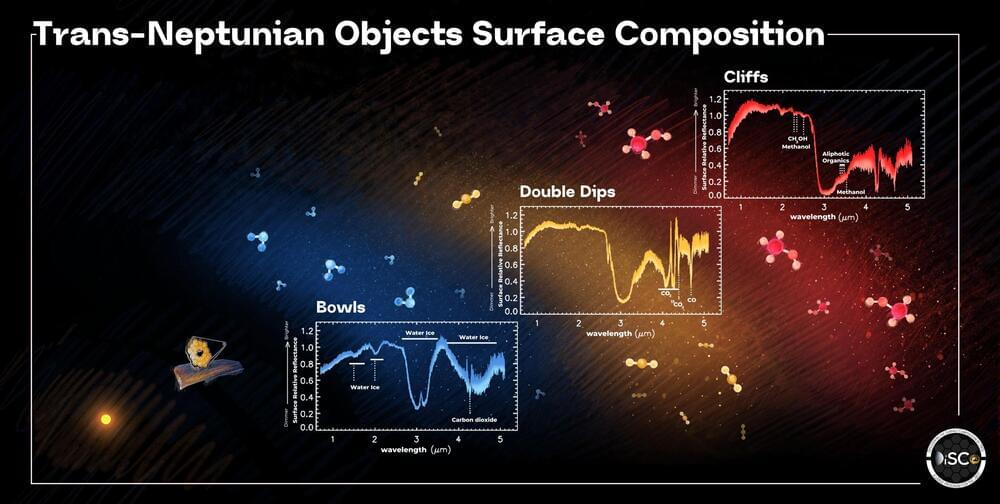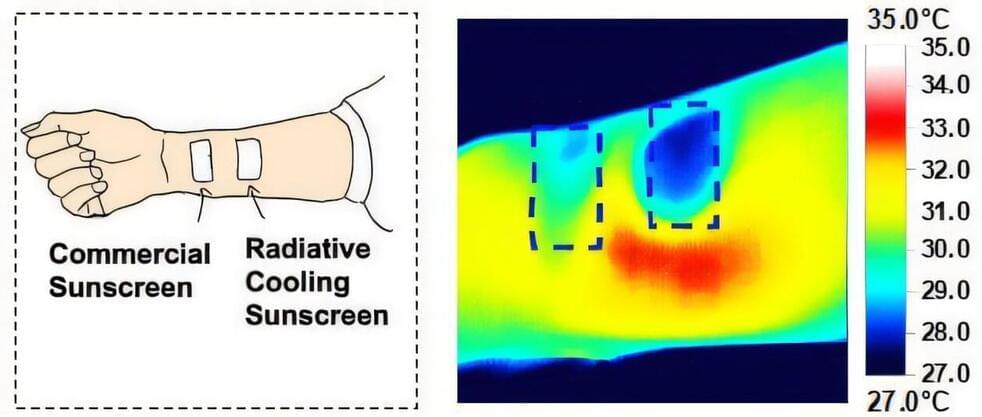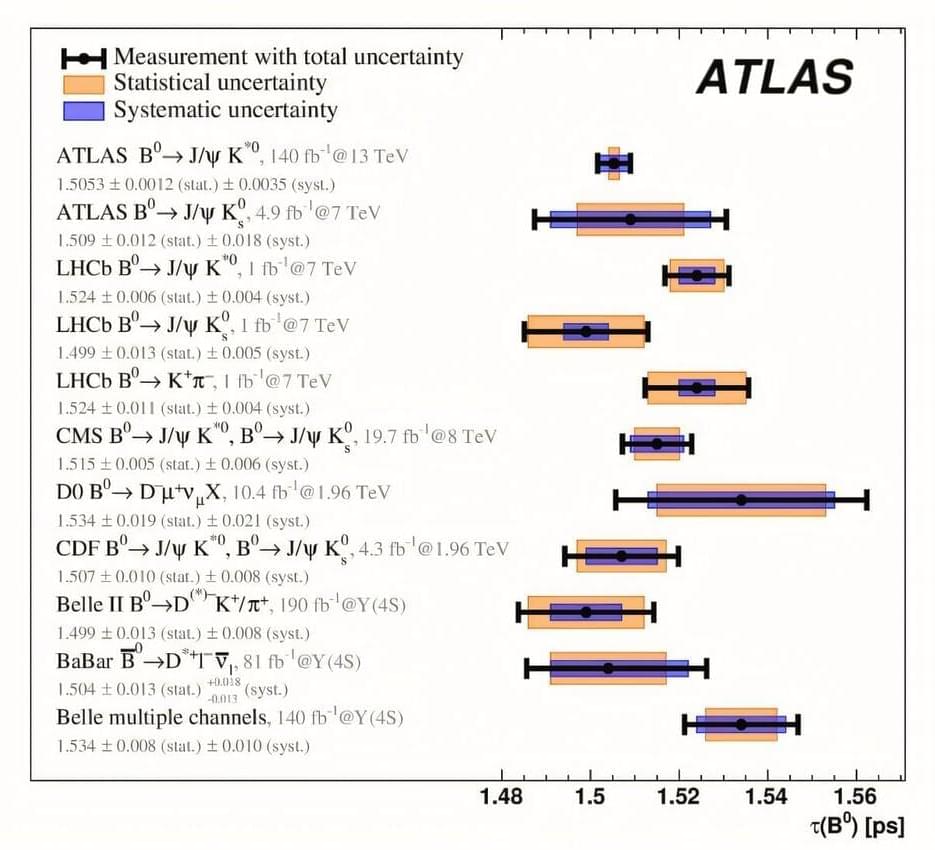Patreon: https://www.patreon.com/seanmcarroll.
Blog post with audio player, show notes, and transcript: https://www.preposterousuniverse.com/podcast/2024/03/04/267-…f-reality/
In the 1860s, James Clerk Maxwell argued that light was a wave of electric and magnetic fields. But it took over four decades for physicists to put together the theory of special relativity, which correctly describes the symmetries underlying Maxwell’s theory. The delay came in part from the difficulty in accepting that light was a wave, but not a wave in any underlying “aether.” Today our most basic view of fundamental physics is found in quantum field theory, which posits that everything around us is a quantum version of a relativistic wave. I talk with physicist Matt Strassler about how we go from these interesting-but-intimidating concepts to the everyday world of tables, chairs, and ourselves.
Matt Strassler received his Ph.D. in physics from Stanford University. He is currently a writer and a visiting researcher in physics at Harvard University. His research has ranged over a number of topics in theoretical high-energy physics, from the phenomenology of dark matter and the Higgs boson to dualities in gauge theory and string theory. He blogs at Of Particular Significance, and his new book is Waves in an Impossible Sea: How Everyday Life Emerges from the Cosmic Ocean.
Mindscape Podcast playlist: https://www.youtube.com/playlist?list=PLrxfgDEc2NxY_fRExpDXr87tzRbPCaA5x.
Sean Carroll channel: https://www.youtube.com/c/seancarroll.
#podcast #ideas #science #philosophy #culture






